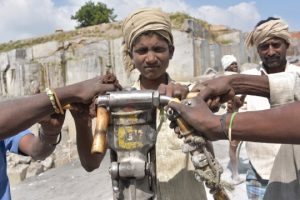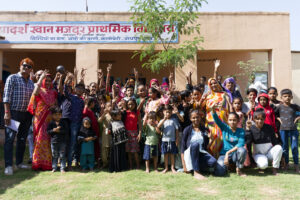BaWü: Parliament decides to ban child labor tombstones
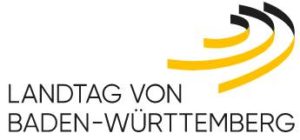 Today, Wednesday, January 27th, 2021, the state parliament in Baden-Württemberg decided that the municipalities may ban tombstones from child labor. It is now stipulated in the amendment law that this is to be proven by “proven certificates”. This includes XertifiX and other certificates that is “awarded authenticity on generally accessible and recognized platforms after evaluation of the certification process and publication of the results obtained”. The plus seal from XertifiX receives the top grade on such a platform from the federal government (best seal of all natural stone seals).
Today, Wednesday, January 27th, 2021, the state parliament in Baden-Württemberg decided that the municipalities may ban tombstones from child labor. It is now stipulated in the amendment law that this is to be proven by “proven certificates”. This includes XertifiX and other certificates that is “awarded authenticity on generally accessible and recognized platforms after evaluation of the certification process and publication of the results obtained”. The plus seal from XertifiX receives the top grade on such a platform from the federal government (best seal of all natural stone seals).
Please refer: 2021-01-27 BaWü Änderung_Bestattgesetz_Entwurf (German)

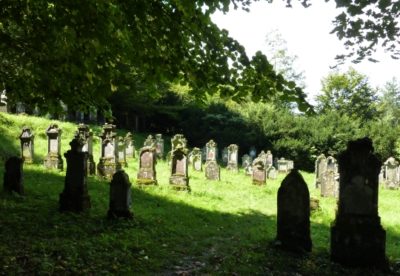
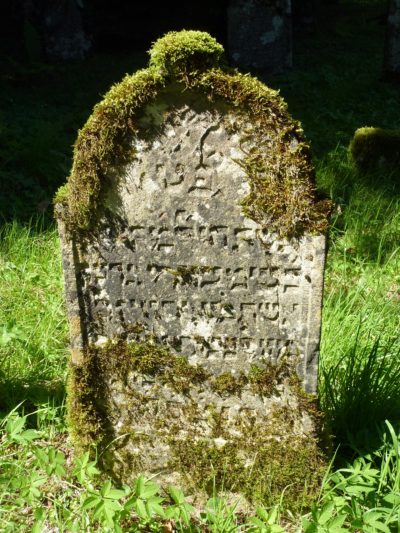 We are delighted that XertifiX has been accredited by the state of North Rhine-Westphalia (State Chancellery) as the – so far only – certifier for tombstones. Probably, from 01.01.2020 onwards, the presentation of a certificate must be submitted when purchasing a new gravestone from India, China, Vietnam or the Philippines.
We are delighted that XertifiX has been accredited by the state of North Rhine-Westphalia (State Chancellery) as the – so far only – certifier for tombstones. Probably, from 01.01.2020 onwards, the presentation of a certificate must be submitted when purchasing a new gravestone from India, China, Vietnam or the Philippines.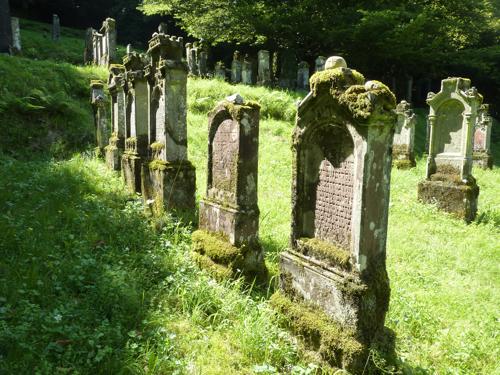 In the context of children’s work on gravestones, claims are repeatedly made that will be examined in more detail below:
In the context of children’s work on gravestones, claims are repeatedly made that will be examined in more detail below: “Bread for the World” welcomes the plan of the state of Brandenburg to authorize municipalities to ban gravestones from child labor. However, Thilo Hoppe, head of the Department’s Policy Department, draws attention to a number of aspects that need to be considered. The municipalities would have to determine which certificates were allowed to prove fair grave stones. The municipalities should not be left alone with this decision. It would therefore still be the task of the state to give the municipalities instructions as to which certifiers exist and are to be classified as serious.
“Bread for the World” welcomes the plan of the state of Brandenburg to authorize municipalities to ban gravestones from child labor. However, Thilo Hoppe, head of the Department’s Policy Department, draws attention to a number of aspects that need to be considered. The municipalities would have to determine which certificates were allowed to prove fair grave stones. The municipalities should not be left alone with this decision. It would therefore still be the task of the state to give the municipalities instructions as to which certifiers exist and are to be classified as serious.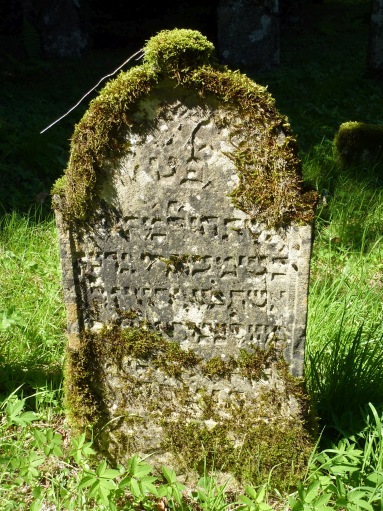
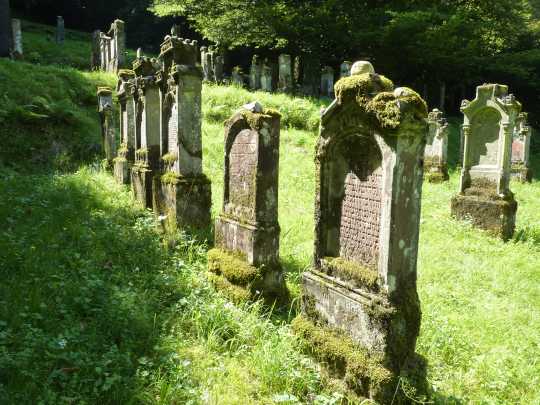 On August 22, 2018, the Hesse Landtag passed the new funeral ordinance. One important change: Municipalities may in future ban tombstones made with exploitative child labor from the cemeteries. The new ordinance allows municipalities to ask for a complete documentation or equivalent certificates as proof of production without exploitative child labor.
On August 22, 2018, the Hesse Landtag passed the new funeral ordinance. One important change: Municipalities may in future ban tombstones made with exploitative child labor from the cemeteries. The new ordinance allows municipalities to ask for a complete documentation or equivalent certificates as proof of production without exploitative child labor.